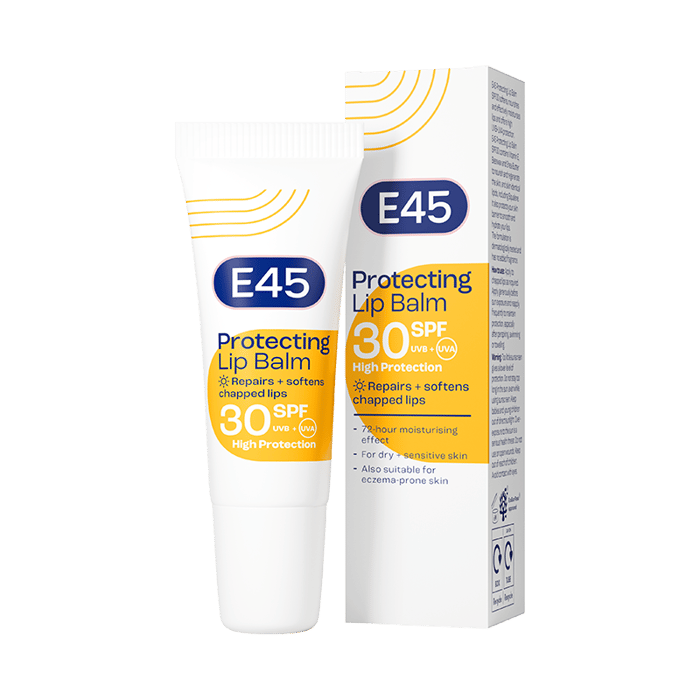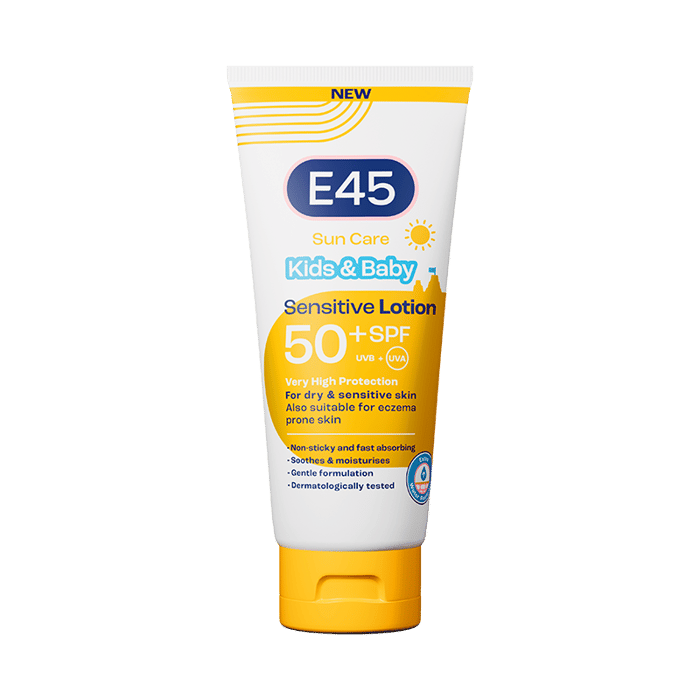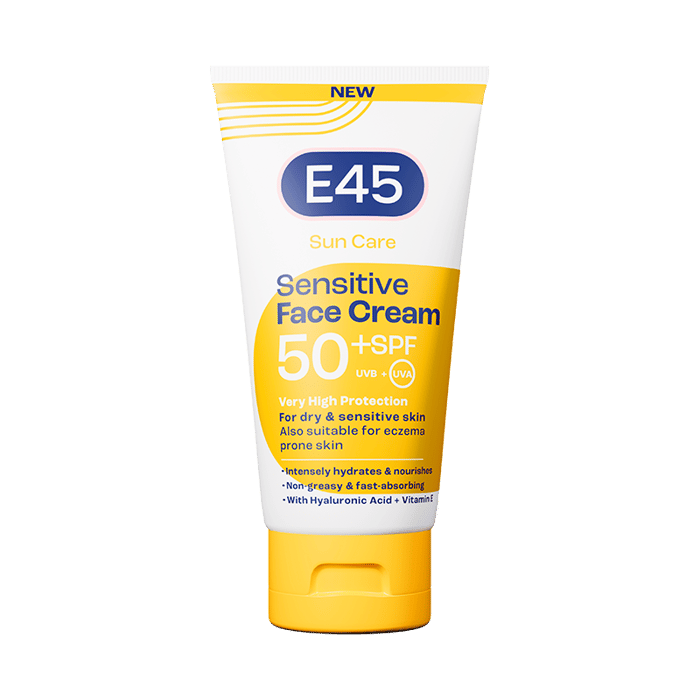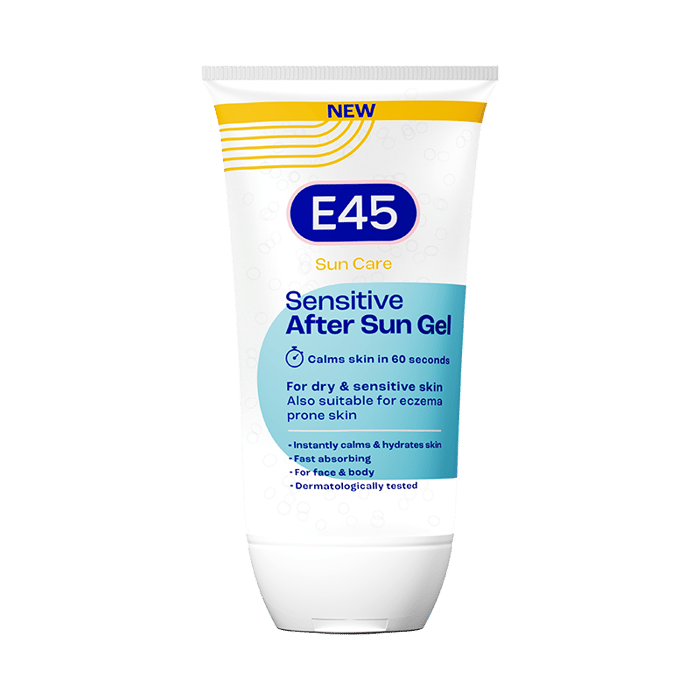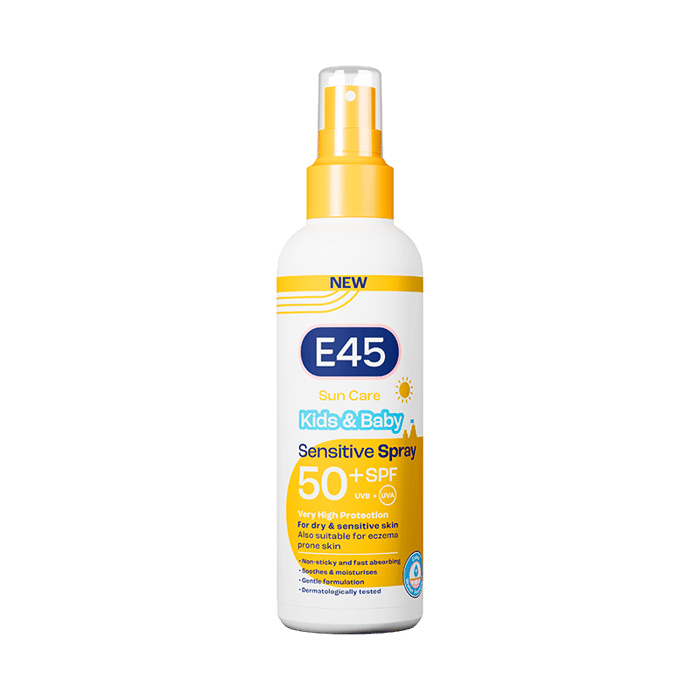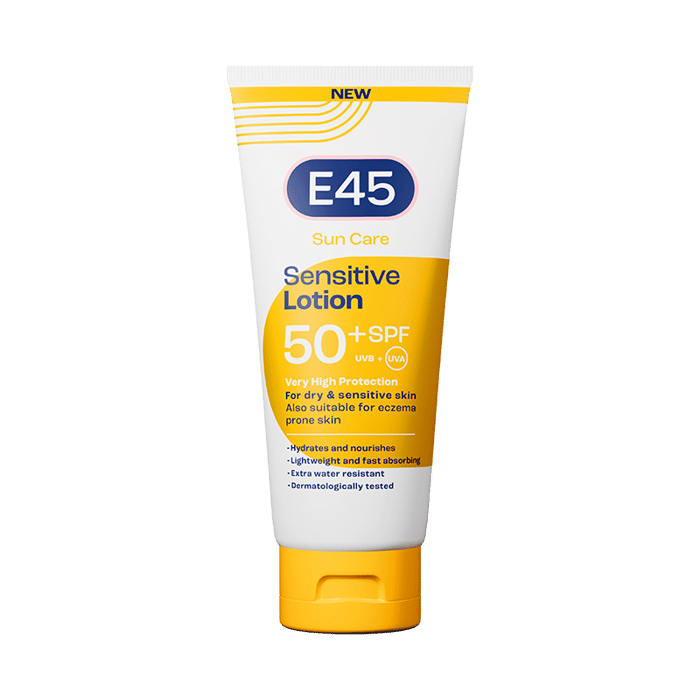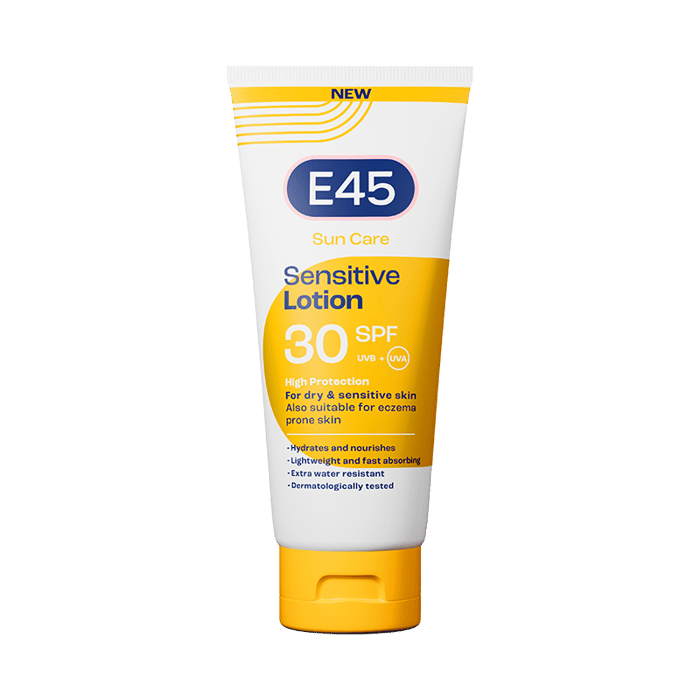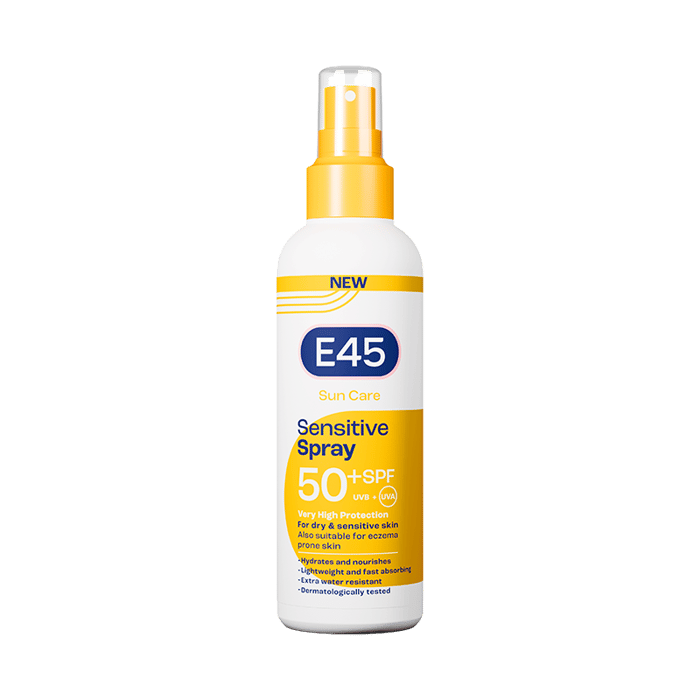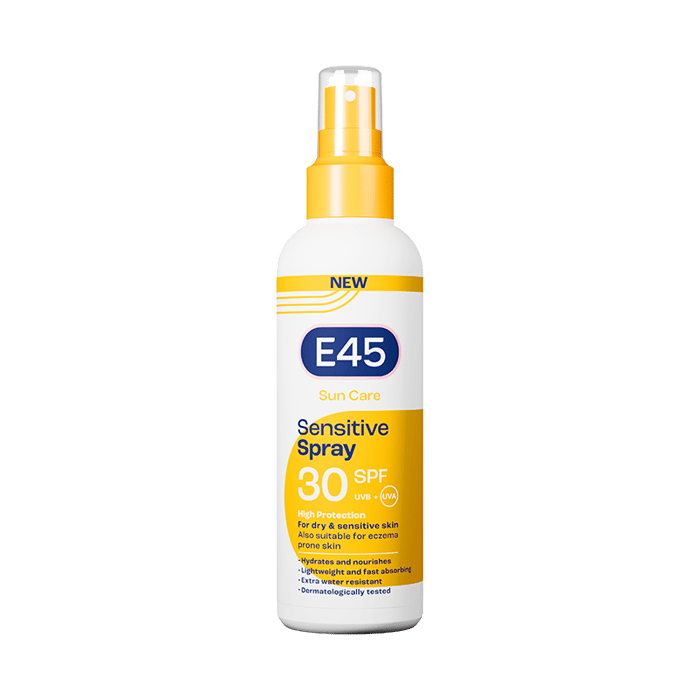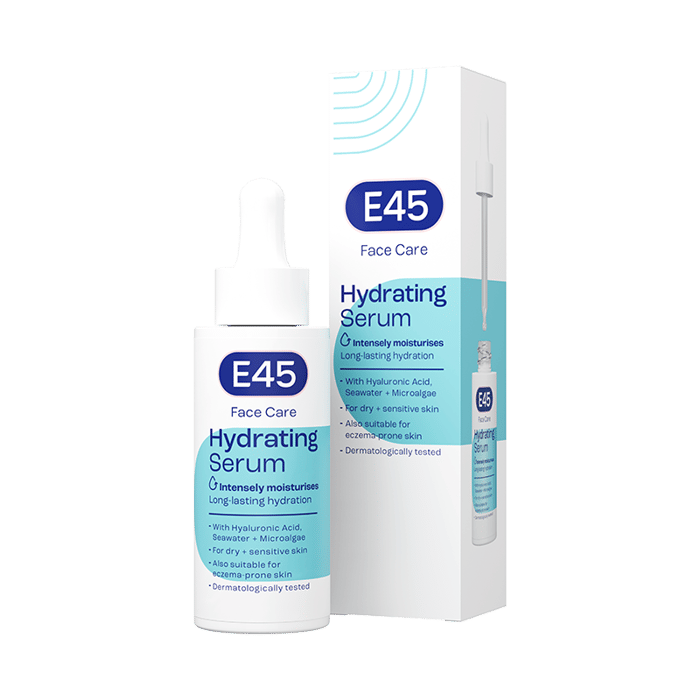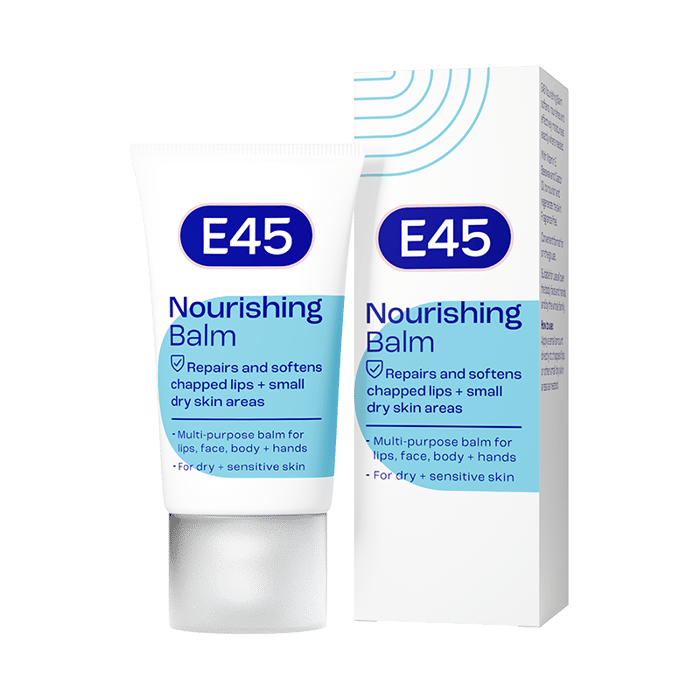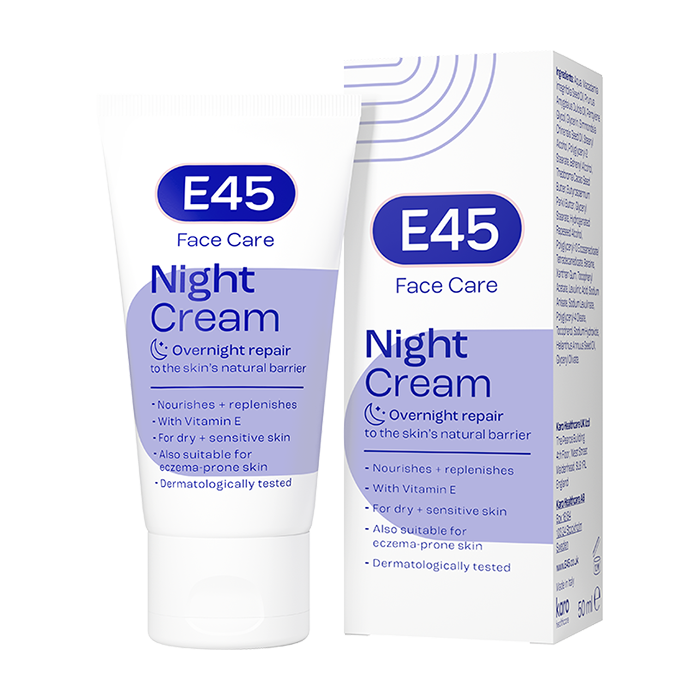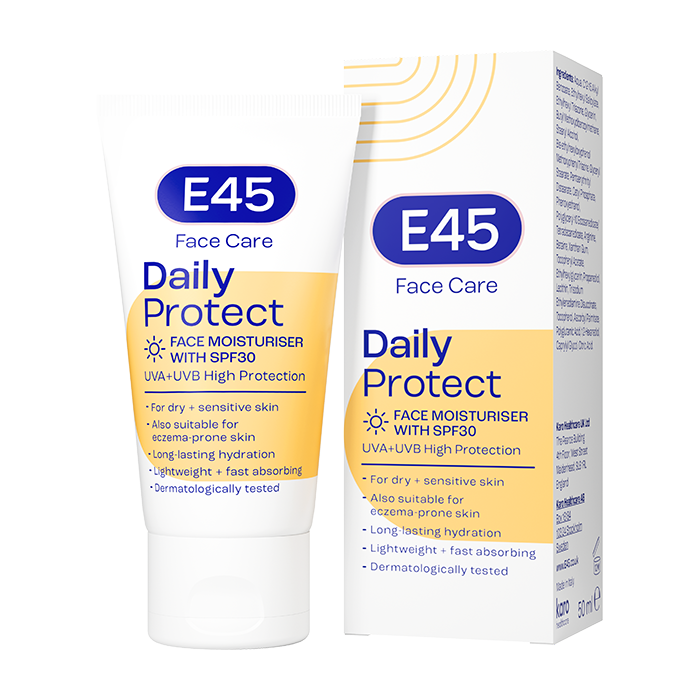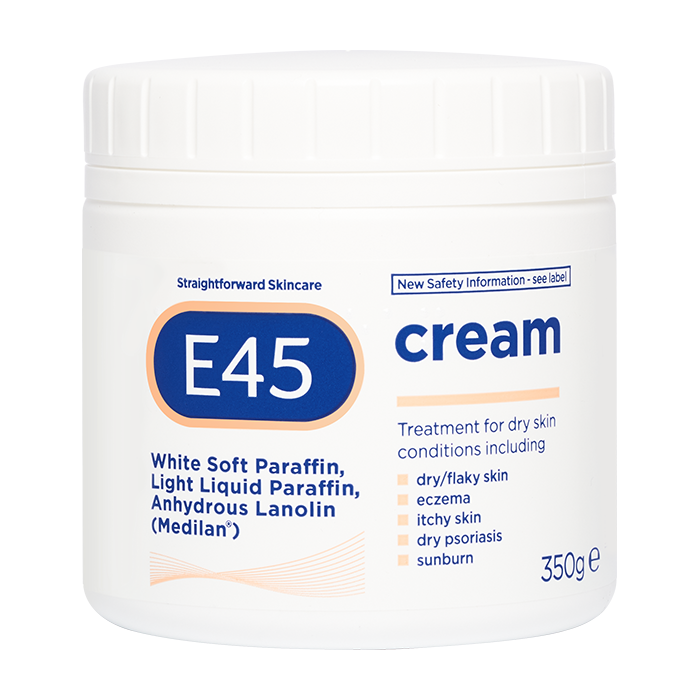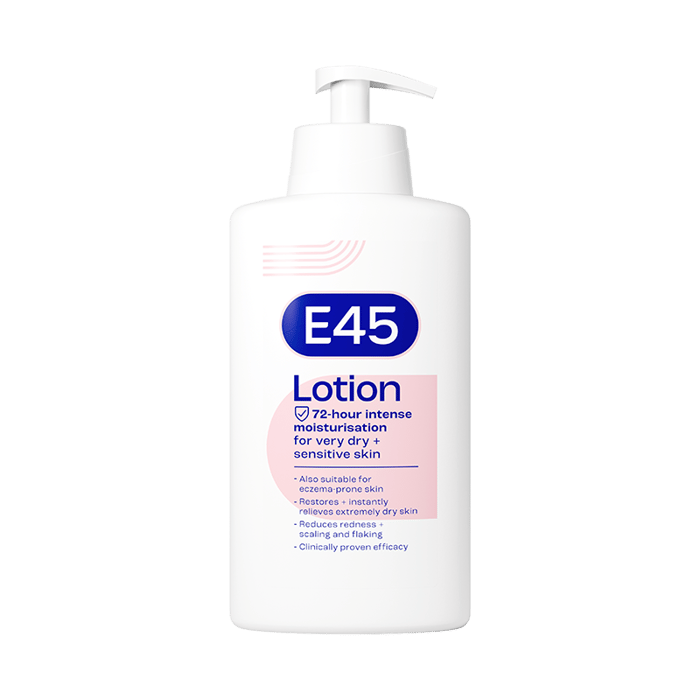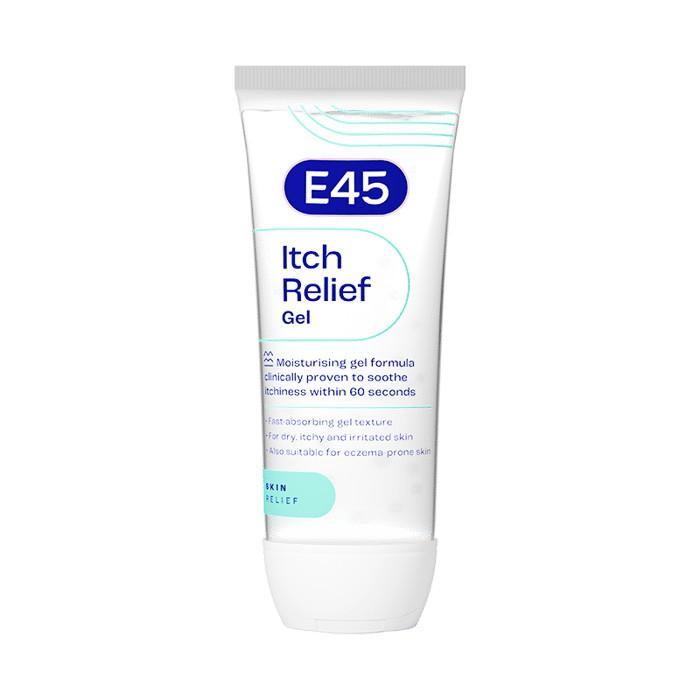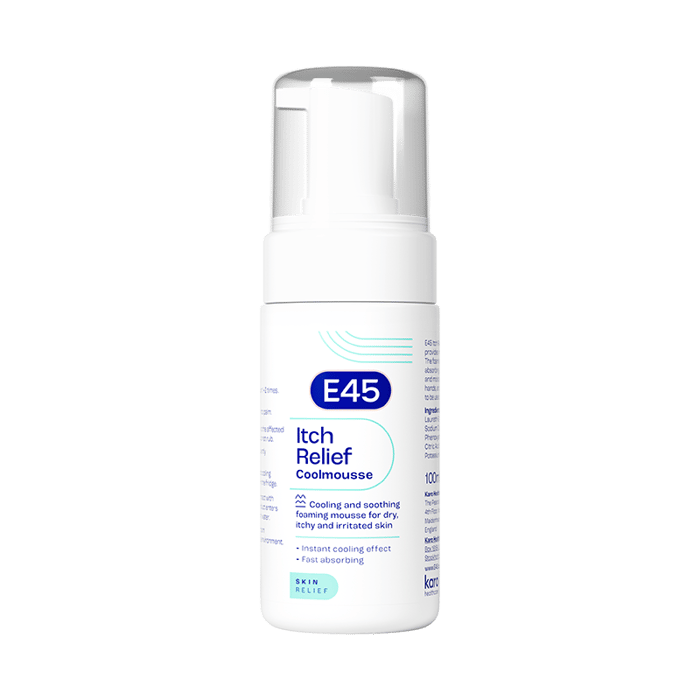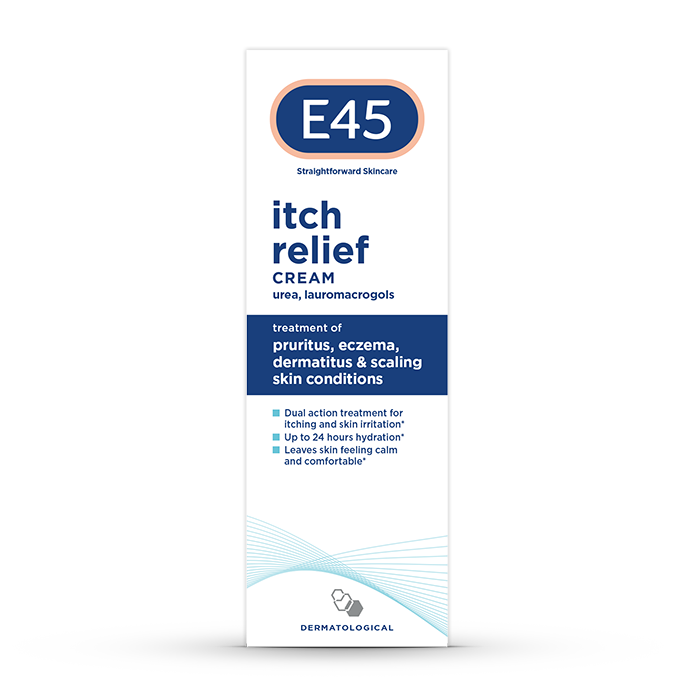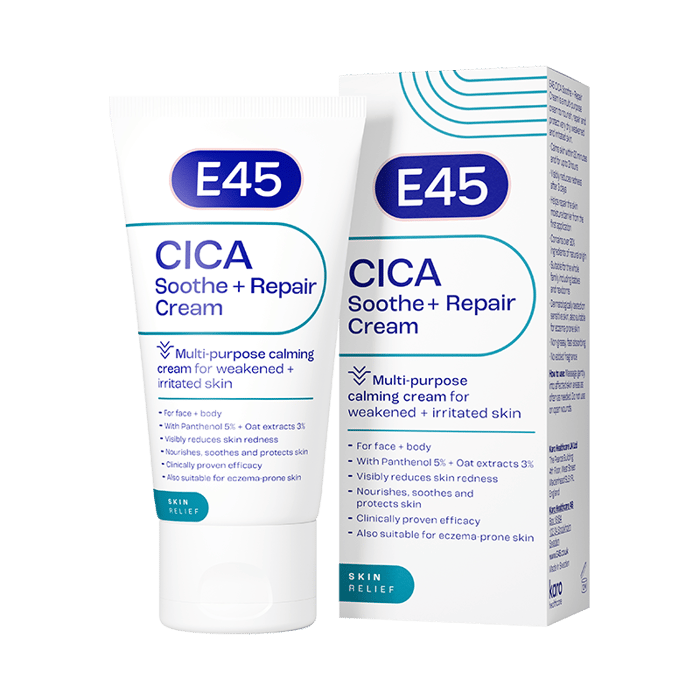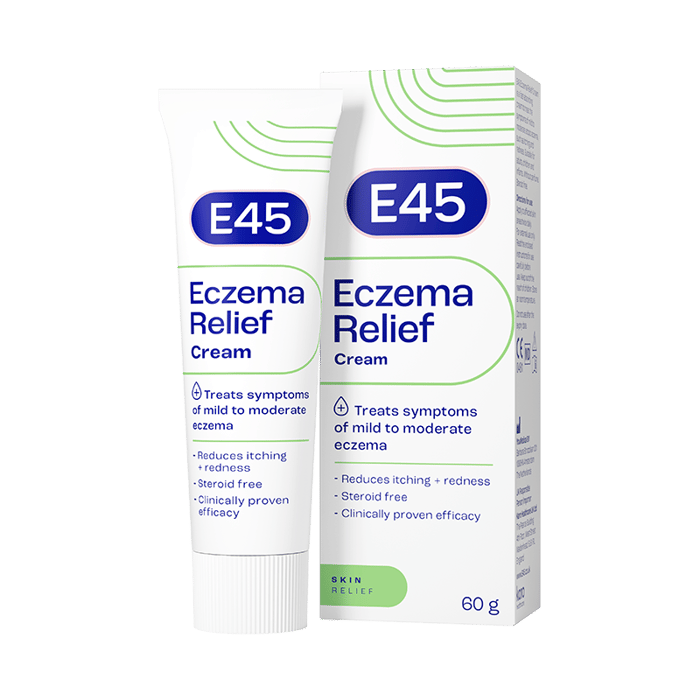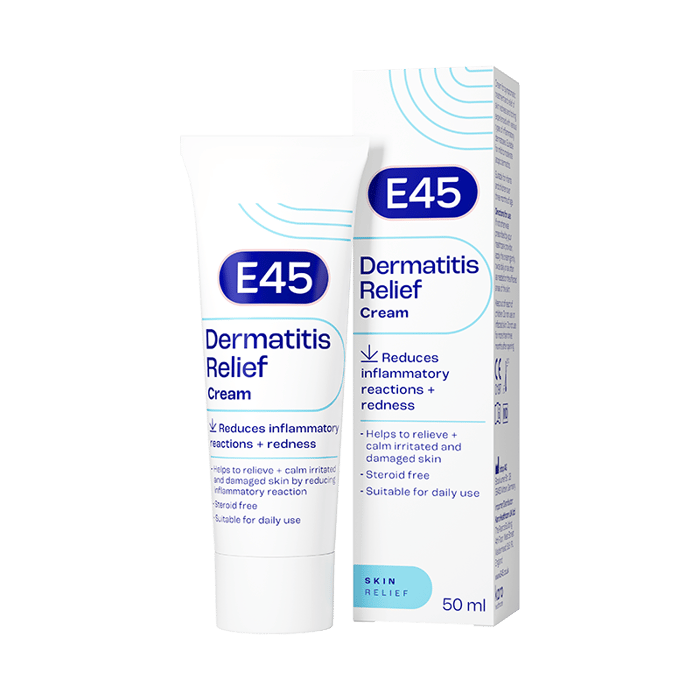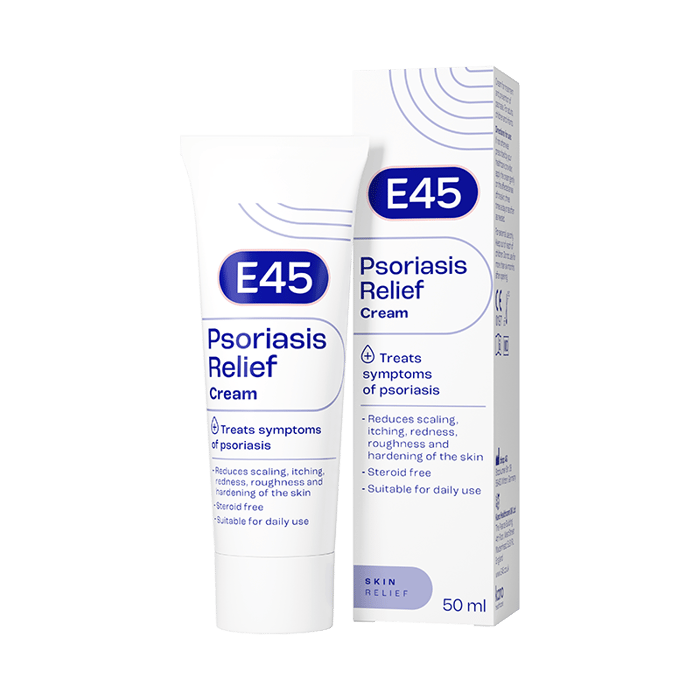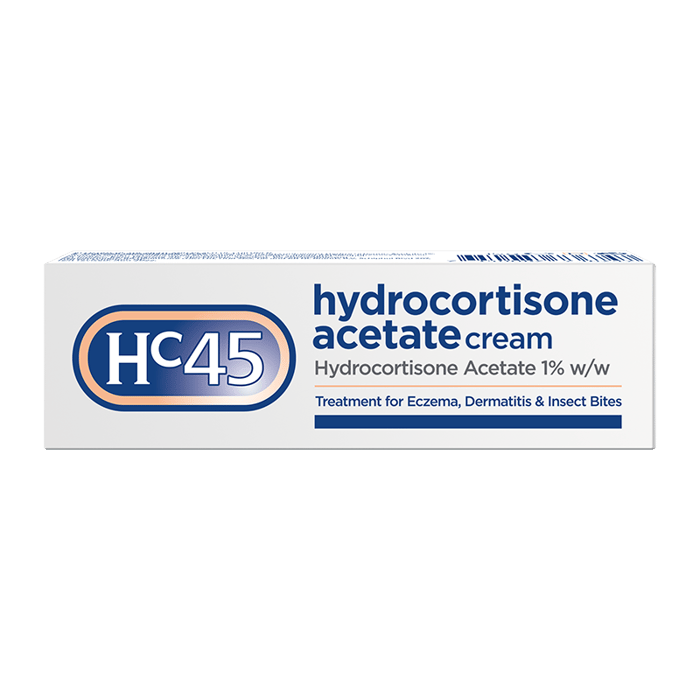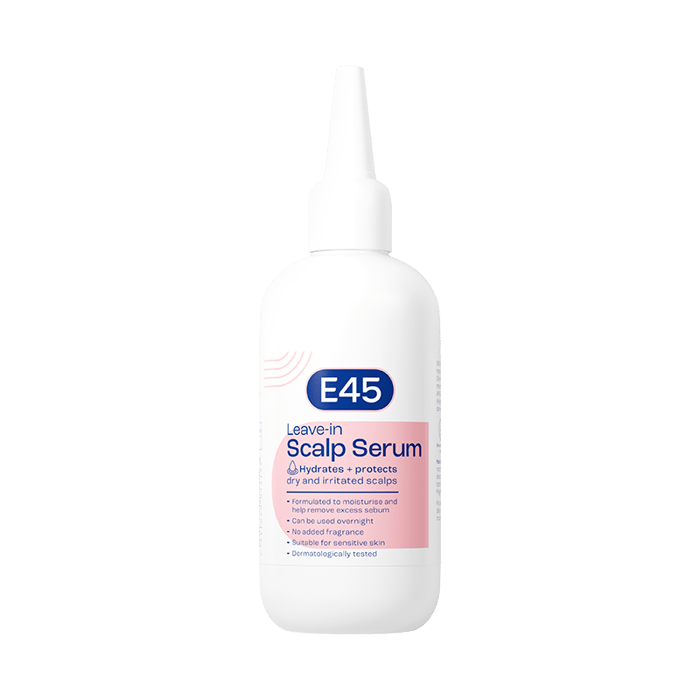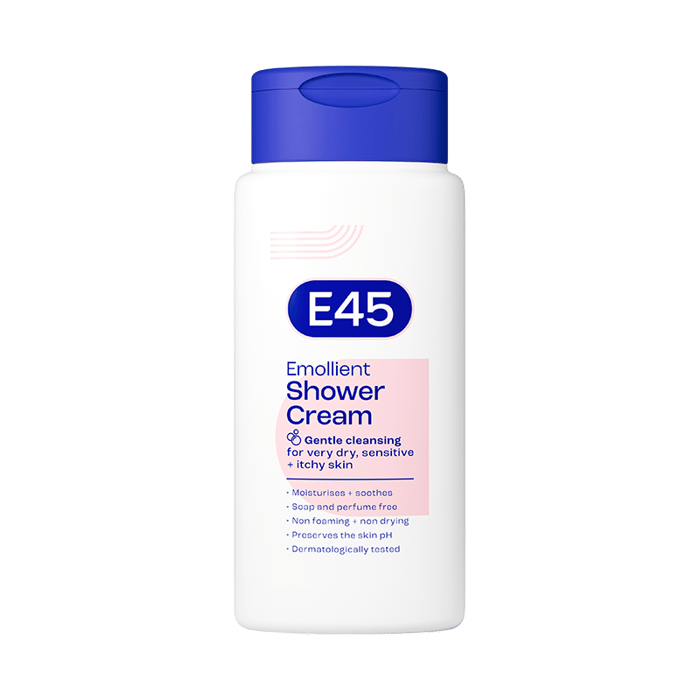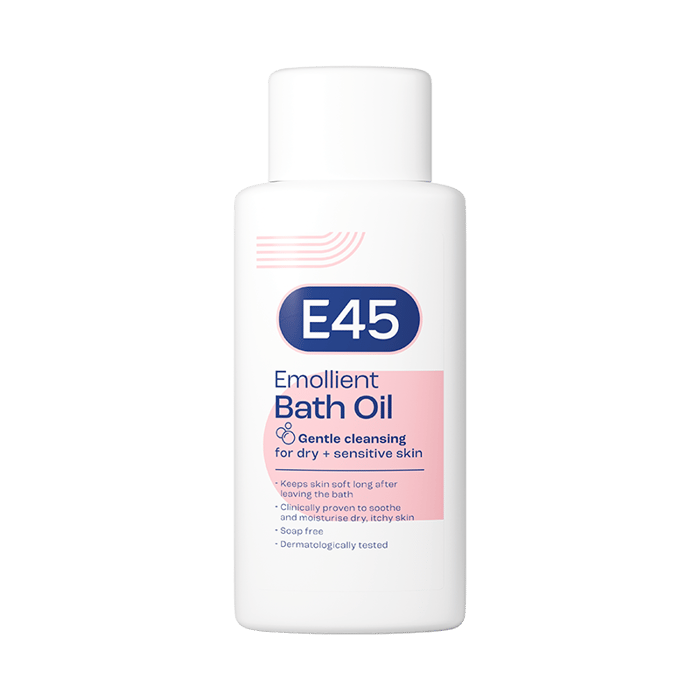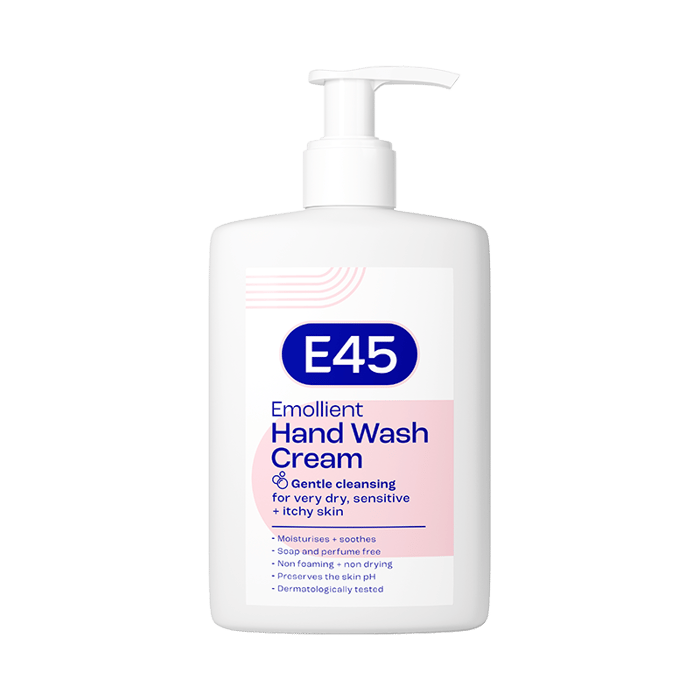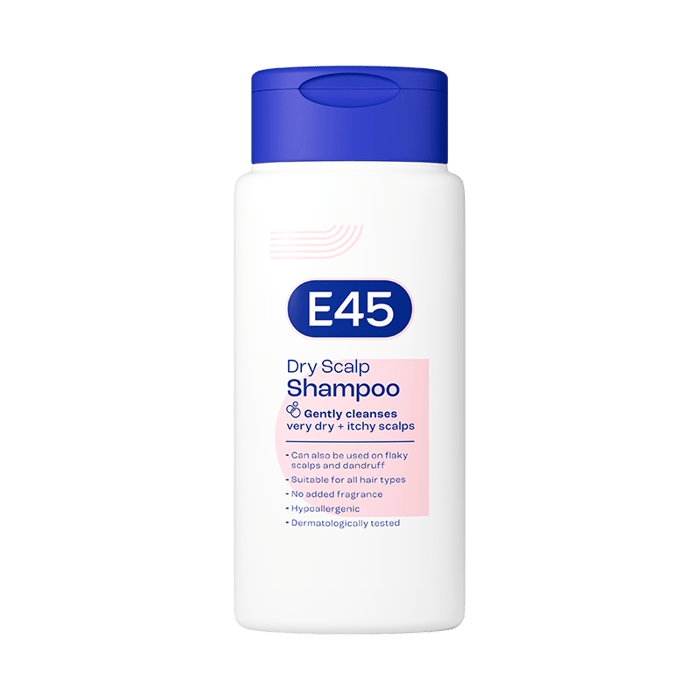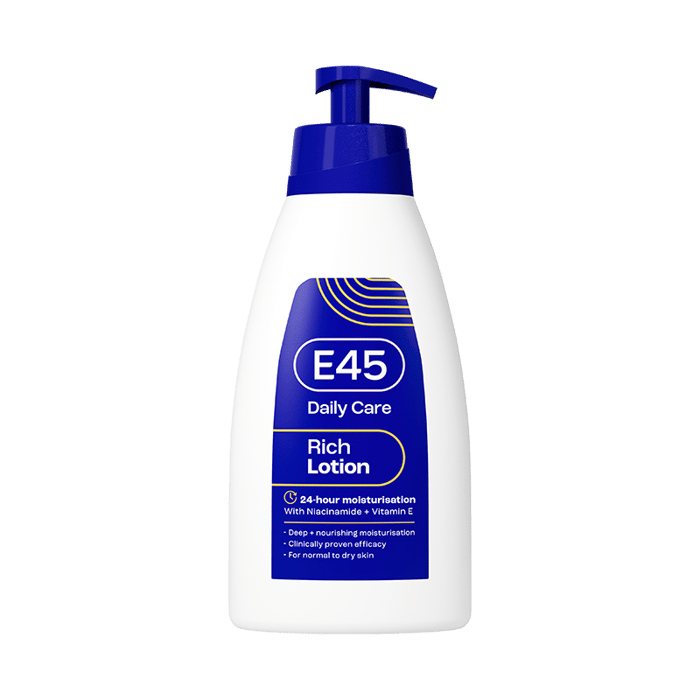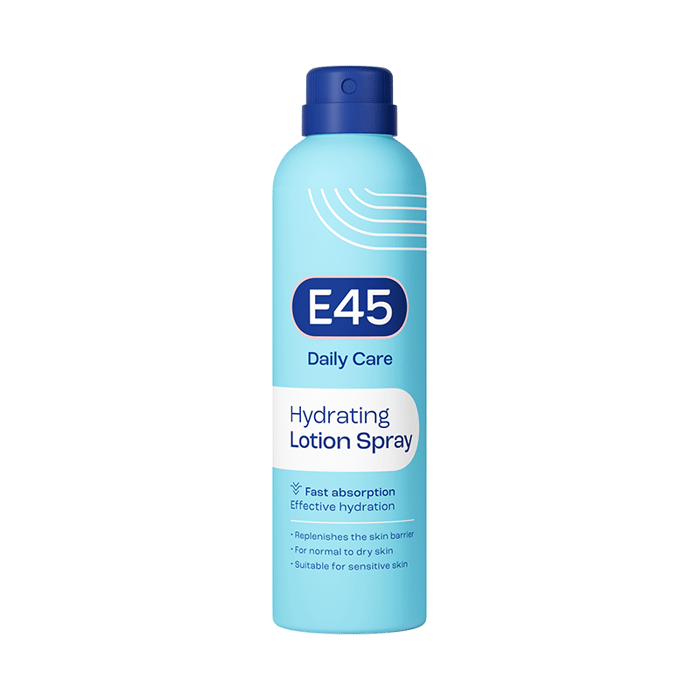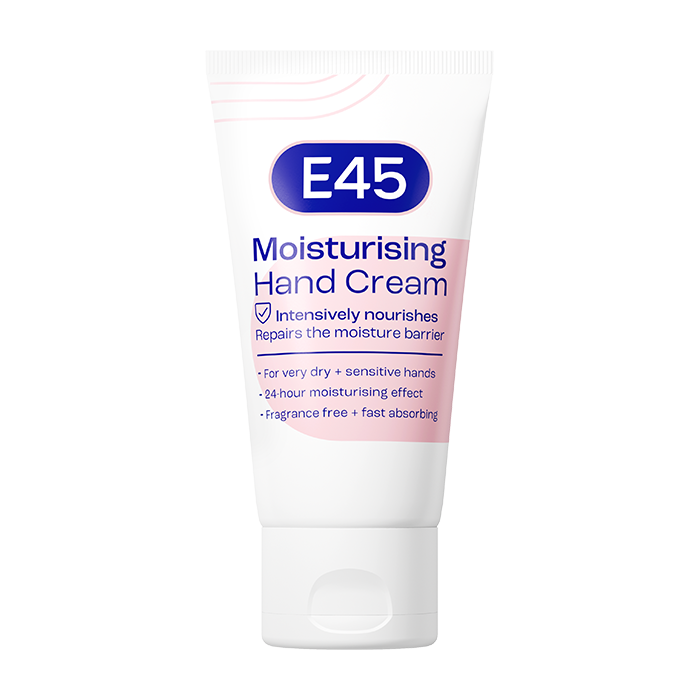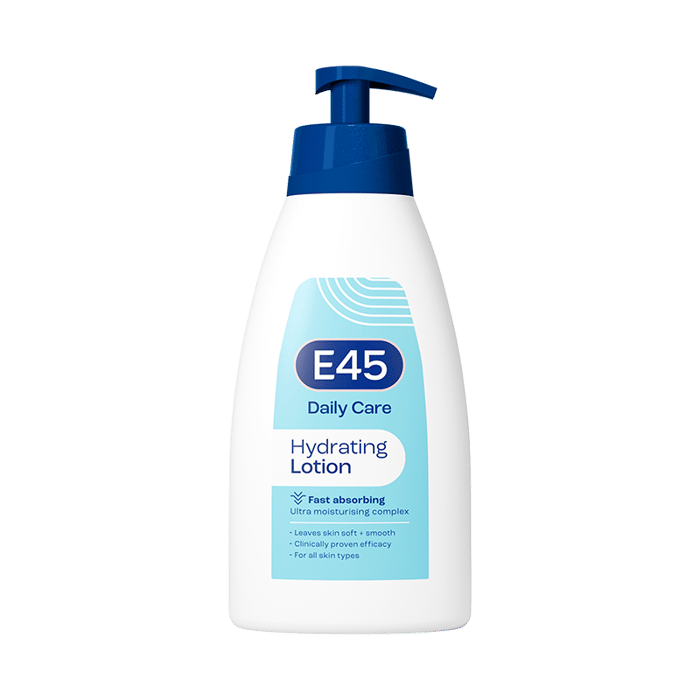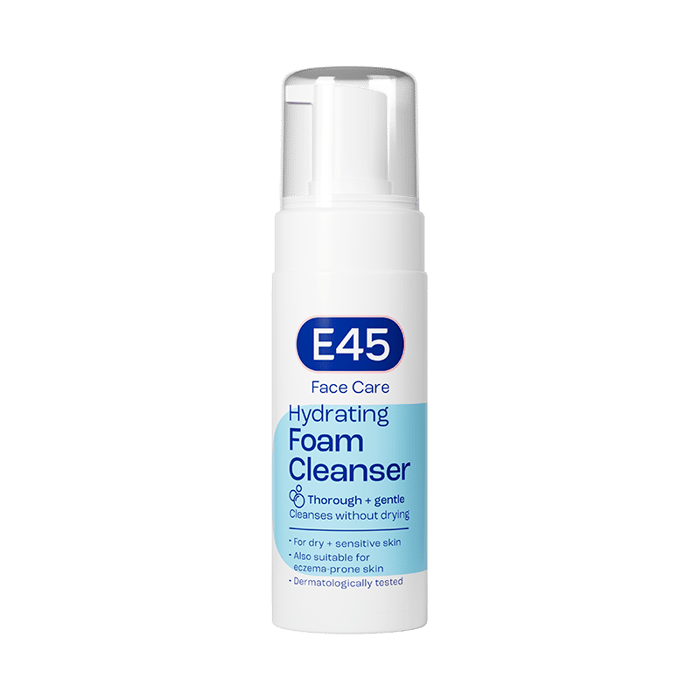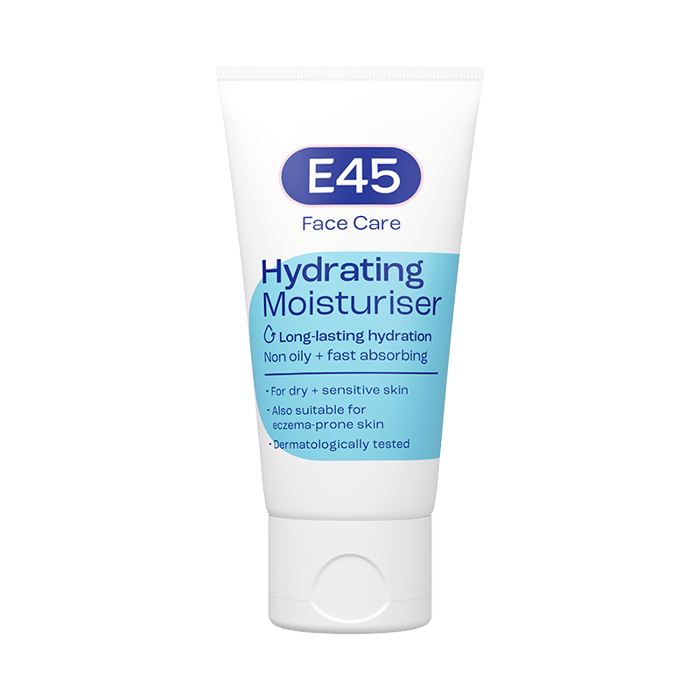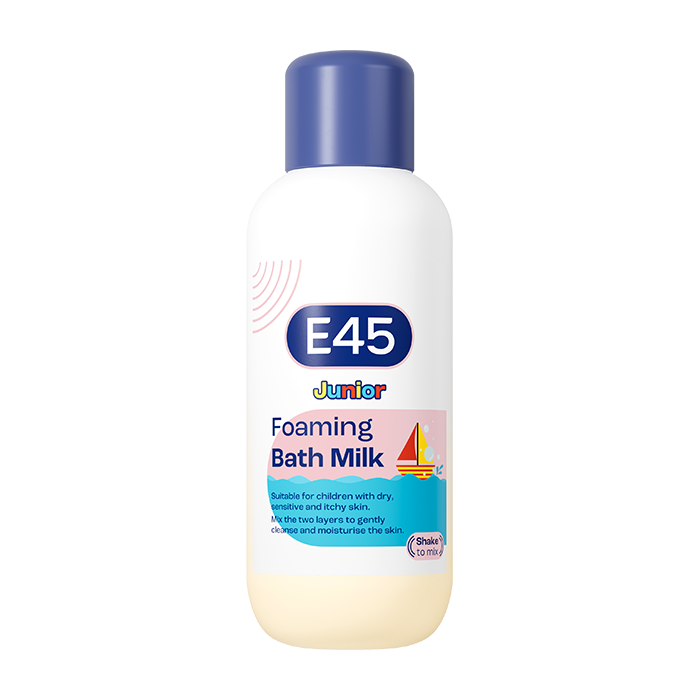Glycerin and the skin: Benefits and uses
Discover the many benefits and uses of glycerin for skincare. Learn how it hydrates, soothes and protects the skin, explore potential side effects, and find out how to incorporate it into your daily skincare routine.
What is glycerin?
Glycerin, also known as glycerol, is a naturally occurring compound found in certain fats and oils. It’s commonly used in skincare products to draw moisture from the air and lock it into the skin. Glycerin is a humectant, which means it helps the skin retain water, making it an essential ingredient in many moisturisers, cleansers and serums.
In skincare, glycerin is well known for its ability to hydrate and improve the skin’s texture. It can be sourced from both plant and animal products, although plant-based glycerin is more commonly used in skincare formulations. Its versatility makes it an ideal addition to a wide range of skincare products designed to soothe and moisturise the skin (Source).
Is glycerin good for the skin?
Glycerin is considered one of the most effective and skin-friendly ingredients due to its hydrating and soothing properties. It works by attracting moisture to the outer layer of the skin, helping to keep it hydrated, soft and smooth. Glycerin is safe for all skin types, including dry, oily, sensitive and combination skin. It’s especially beneficial for people with dehydrated skin as it replenishes moisture and helps to maintain a healthy skin barrier.
Not only is glycerin non-irritating, it also helps to prevent the skin from drying out by maintaining the moisture balance in the skin. It also enhances the efficacy of other ingredients, making it a versatile and beneficial component in skincare routines (Source).
Benefits of glycerin for the skin
Glycerin offers several key benefits for the skin, making it a must-have ingredient in your skincare regimen:
1. Deep hydration and moisture retention
One of the most significant benefits of glycerin is its ability to hydrate the skin. Glycerin draws moisture from the air and binds it to the skin, helping to keep it hydrated throughout the day. This helps to prevent dryness, flaky skin and irritation, providing a smoother, plumper complexion. Because glycerin can hold water within the skin’s layers, it helps prevent transepidermal water loss (TEWL), ensuring that the skin remains moisturised for longer (Source).
2. Strengthens the skin barrier
Glycerin plays a vital role in maintaining a healthy skin barrier. A strong skin barrier is essential for protecting the skin from environmental stressors such as pollution, allergens and harmful bacteria. Glycerin helps to keep the skin’s outermost layer intact and functioning optimally by maintaining its moisture balance. By preventing moisture loss and promoting hydration, glycerin ensures the skin’s barrier remains resilient and better equipped to defend against external aggressors (Source).
3. Soothes irritated skin
Glycerin is known for its soothing and calming properties, making it ideal for sensitive or irritated skin. It helps to reduce redness and inflammation by keeping the skin hydrated, which can be especially beneficial for conditions like eczema, rosacea and psoriasis. Glycerin can also help to heal irritated or damaged skin by providing moisture and improving the skin’s ability to repair itself (Source).
4. Reduces fine lines and wrinkles
As glycerin helps to maintain moisture levels in the skin, it has the added benefit of reducing the appearance of fine lines and wrinkles. Well-hydrated skin looks plumper, smoother and more youthful, as it maintains its elasticity and resilience. By improving the skin’s moisture balance, glycerin can help to reduce the visibility of early signs of ageing, such as fine lines around the eyes and mouth (Source).
5. Promotes a healthy glow
Glycerin’s ability to attract and retain moisture leads to a healthier and more radiant complexion. When the skin is well-hydrated, it looks fresher, more vibrant and less dull. Glycerin helps to promote a natural, glowing appearance by enhancing the skin’s ability to retain water, giving your skin a soft, smooth and even texture (Source).
6. Balances oily skin
Although glycerin is most commonly associated with dry skin, it can also benefit oily skin. By maintaining the right moisture balance, glycerin can help to prevent the skin from overproducing sebum (the oil naturally produced by the skin). This can be especially helpful for those with combination skin, where some areas of the face may be oily while others are dry. Glycerin helps to balance the skin’s moisture levels, keeping it hydrated without making it greasy or overly shiny (Source).
What skin types can benefit from glycerin?
Glycerin is suitable for all skin types, including:
- Dry skin: Glycerin’s ability to draw moisture from the air and lock it into the skin makes it particularly beneficial for those with dry or dehydrated skin. It helps to replenish lost moisture and keeps the skin hydrated for longer periods.
- Oily skin: Glycerin can help to balance moisture levels without contributing to excess oil production. It prevents the skin from becoming too dry, which can trigger the overproduction of sebum.
- Sensitive skin: Glycerin is gentle and non-irritating, making it ideal for sensitive skin. It can help to calm irritation, reduce redness and promote the healing of the skin.
- Combination skin: For those with combination skin, glycerin can hydrate dry areas without exacerbating oily zones, helping to balance the skin’s moisture levels.
- Ageing skin: Glycerin can help to maintain moisture levels in mature skin, preventing dryness and the appearance of fine lines and wrinkles while promoting a more youthful appearance.
Are there any side effects?
Glycerin is generally considered safe for most skin types and is well-tolerated. However, in rare cases, it can cause irritation or breakouts, especially if used in very high concentrations. If you have particularly sensitive or reactive skin, it’s always a good idea to perform a patch test before using glycerin-based products to ensure there are no adverse reactions.
As glycerin is a humectant, it can sometimes draw moisture away from the skin if used in extremely dry environments, so it’s essential to ensure that your skin is sufficiently hydrated before applying glycerin. Using it with a moisturiser or in combination with other hydrating ingredients can prevent this issue.
How to use glycerin in your skincare routine
To maximise the hydrating and skin-soothing benefits of glycerin, it’s important to apply it correctly within your skincare routine. Here are some tips to ensure you get the most from this versatile ingredient:
Apply to damp skin
Glycerin is highly effective when applied to slightly damp skin. This is because it draws moisture from the air and binds it to the skin, enhancing hydration. By applying glycerin to skin that’s already moisturised, whether from water or a toner, you help it to lock in that moisture more effectively, preventing dehydration and dryness throughout the day. For best results, spritz your face with a hydrating mist or use a dampened cotton pad before applying glycerin.
Layer with moisturisers
To create a deeply hydrating skincare regimen, combine glycerin with a good moisturiser or face oil. While glycerin attracts moisture, a moisturiser or oil helps to lock that moisture in. This creates a long-lasting hydrating barrier on the skin, keeping it soft, smooth and plump. Apply glycerin first to a damp face and then layer on a moisturiser or oil as the final step to seal in the hydration and prevent transepidermal water loss (TEWL). You can look for moisturisers that contain glycerin as an active ingredient to boost the effects even further. E45 Rich Lotion, for example, has been formulated with glycerin to deeply nourish and moisturise dry, sensitive skin throughout the day.
Incorporate into serums and creams
Many advanced skincare formulations, such as serums and creams, include glycerin as one of their primary ingredients due to its excellent ability to retain moisture. Incorporating glycerin-based serums or creams into your routine will ensure your skin stays well-hydrated, firm and smooth. E45 Hydrating Serum harnesses the power of glycerin to intensely moisturise the skin, whilst helping to strengthen and restore the skin’s natural barrier. Additionally, E45 Itch Relief Cream contains glycerin, this product can soothe and hydrate skin, alleviating dryness, itchiness and discomfort associated with conditions like eczema and dermatitis.
Target specific dry areas
Glycerin can be an excellent solution for addressing stubborn dry patches on the skin. Apply it directly to areas that are particularly prone to dryness, such as the elbows, knees, heels and hands. Its powerful moisture-retention abilities can help to restore hydration to these dry spots, softening rough patches and reducing irritation. If you have extremely dry skin, consider using a thicker, glycerin-based balm or ointment for more intensive hydration, especially during colder months when skin tends to lose moisture more quickly. E45 Moisturising Hand Cream contains glycerin to intensely nourish, hydrate and soothe the skin on the hands.
Conclusion
Glycerin is undoubtedly one of the most versatile and beneficial ingredients for skincare. Its natural ability to hydrate, soothe and protect the skin makes it an essential addition to many skincare routines. Whether you have dry, oily, sensitive or combination skin, glycerin offers moisture retention, enhances the skin barrier and promotes a healthy, glowing complexion. Its gentle nature makes it suitable for daily use, even for those with sensitive or acne-prone skin.
By understanding how glycerin works and incorporating it into your skincare routine effectively, you can unlock its full potential to keep your skin hydrated, smooth and radiant. Whether used alone or as part of a more complex regimen, glycerin is a powerhouse ingredient that helps to maintain a healthy skin barrier and prevents dehydration, ultimately leaving you with nourished, balanced and youthful-looking skin.
FAQ: Glycerin and the skin
Can glycerin be used every day?
Glycerin is a gentle and non-irritating ingredient, making it safe for daily use. Whether used in the morning or at night, it can be applied as part of your regular skincare routine. Daily application can help to maintain optimal hydration levels, leaving the skin feeling soft, plump and well-moisturised.
Does glycerin help acne?
Glycerin can be beneficial for acne-prone skin. It works by maintaining a proper moisture balance, helping to prevent dryness or dehydration, which are common triggers for excess oil production and breakouts. Additionally, glycerin does not clog pores and offers hydration without contributing to the oiliness that can worsen acne. It’s a great option for those with oily or acne-prone skin who need moisture without clogging their pores.
Can glycerin be used with other active ingredients?
Glycerin pairs well with a variety of other active skincare ingredients, including retinol, vitamin C and hyaluronic acid. It enhances the skin’s hydration and can help to counteract the drying or irritating effects of potent ingredients like retinol. Additionally, glycerin can help to boost the effectiveness of other hydrating ingredients like hyaluronic acid by locking in moisture and maintaining a healthy skin barrier.
Is glycerin safe for sensitive skin?
Glycerin is generally very safe for sensitive skin and is well-tolerated by most skin types. Its gentle, non-irritating nature makes it an ideal choice for individuals with sensitive or reactive skin. It can help to soothe irritation, calm inflammation and provide much-needed moisture without causing further sensitivity. However, as with any new ingredient, it’s always wise to patch test before widespread use, especially if you have highly reactive skin.
Can glycerin be used on all skin types?
Glycerin is suitable for all skin types, including dry, oily, combination and sensitive skin. For dry skin, it provides essential moisture, while for oily skin, it ensures hydration without clogging pores. It also works wonders for sensitive skin, as it helps to calm and soothe irritation. Its versatility makes it an excellent addition to any skincare routine, regardless of skin type.
Does glycerin help with wrinkles and fine lines?
While glycerin isn’t directly anti-aging, its ability to deeply hydrate the skin can reduce the appearance of fine lines and wrinkles. Well-hydrated skin naturally looks smoother and plumper, which can help to diminish the visibility of wrinkles. By locking moisture into the skin, glycerin helps maintain a more youthful and firm appearance over time.
Can glycerin lighten dark spots or hyperpigmentation?
Glycerin is not specifically known for treating hyperpigmentation or dark spots, but it does help to improve skin texture and overall hydration. When the skin is well-hydrated, it tends to look healthier and more radiant, which can help to make dark spots appear less noticeable. For a more targeted treatment for hyperpigmentation, it’s recommended to use ingredients like vitamin C or niacinamide in combination with glycerin.
How does glycerin work as a humectant?
As a humectant, glycerin draws water from the surrounding environment and binds it to the skin. This helps to maintain moisture levels within the skin, preventing it from becoming dry or dehydrated. The result is smooth, plump and healthy-looking skin. Glycerin’s ability to draw moisture from the air makes it especially effective in maintaining hydration, even in dry climates.
Can glycerin be used in body care products?
Glycerin is often included in body lotions, creams and body oils due to its exceptional ability to hydrate and soften the skin. It can be used to target areas prone to dryness, such as the elbows, knees and heels, providing long-lasting moisture. Its versatility extends beyond facial care to ensure full-body hydration and smoothness.
How does glycerin work as a humectant?
Glycerin is non-comedogenic, which means it won’t clog the pores and is unlikely to contribute to breakouts. However, as with any product, it’s important to ensure that it’s being used in combination with other non-comedogenic products. If glycerin is combined with heavy oils or occlusive ingredients, it could potentially trap excess moisture and cause issues for some skin types. Always check the full ingredient list when selecting glycerin-based products to ensure they match your skin’s needs.
Sources
https://www.healthline.com/health/glycerin-for-face
https://www.webmd.com/beauty/what-is-pure-glycerin
https://pmc.ncbi.nlm.nih.gov/articles/PMC9205919/
https://pmc.ncbi.nlm.nih.gov/articles/PMC5560567/
https://pubmed.ncbi.nlm.nih.gov/26370610/
https://pubmed.ncbi.nlm.nih.gov/36973988/
https://pmc.ncbi.nlm.nih.gov/articles/PMC5605215/

